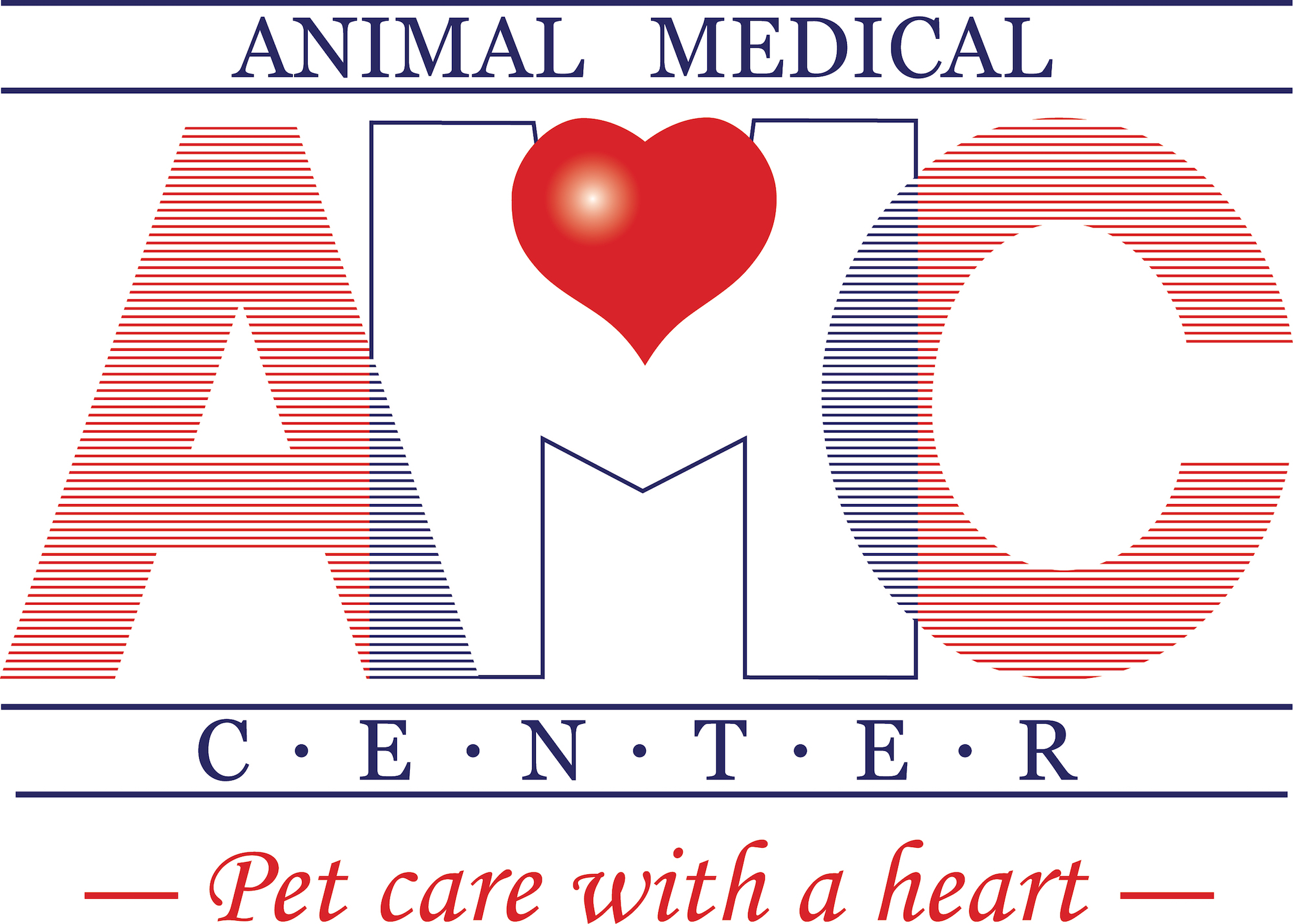Library
-
Heartworm treatment involves several components to combat potential bacterial infection, kill heartworm larvae (microfilaria), kill adult heartworms, and then test to confirm successful treatment. Complete rest for a dog undergoing treatment is essential.
-
Hepatozoonosis in dogs is caused by ingestion of one of two organisms: H. americanum and H. canis. Both parasites are more common in the southern United States. The clinical sign and treatments for dogs with hepatozoonosis differ depending on the parasite species causing the infection. In either case, with appropriate treatment, the prognosis is generally good.
-
Canine herpesvirus (CHV), or canine herpes, is a systemic, often fatal, disease of puppies caused by the canine herpes virus (CHV). Treatment of neonatal puppies is usually unsuccessful and most infected puppies die before medical help can be sought. Older puppies and adult dogs have a better prognosis if clinical signs are mild.
-
Histoplasmosis is an infection caused by histoplasma, a fungus found in moist soils and especially prevalent around the Ohio, Mississippi, Missouri, and St. Lawrence rivers, as well as the southern Great Lakes and Alberta. Fungal spores are inhaled or ingested and cause infection in many sites including the lungs, gastrointestinal tract, eyes, joints, and spleen. This handout outlines signs, diagnosis, treatment, and prognosis. Histoplasmosis is transmissible to humans, especially if they are immunocompromised.
-
Hookworm is a parasitic infection of the gastrointestinal tract. The parasites have hook-like mouthparts they use to anchor themselves to the lining of the intestinal wall. This handout outlines clinical signs, diagnosis, treatment, and prevention.
-
Vaccinations are important to prevent serious illness in dogs. Even dogs that spend all their time indoors should be vaccinated. Some viruses can be carried into your home on inanimate objects such as shoes and clothing. Your veterinarian can help you determine what vaccinations your dog needs to be protected.
-
Contenido en espanol actualizado
-
Contenido en espanol actualizado
-
Infectious canine hepatitis (ICH) is a viral infection caused by a member of the adenovirus family. Young dogs are at the highest risk of contracting this virus and signs of disease usually occur within two to five days after exposure. In severe cases, usually in young puppies, along with the fever, depression, and loss of appetite, there is abdominal pain, vomiting, diarrhea, edema (fluid swelling under the skin) of the head and neck, and possibly jaundice. Such cases are often fatal. Treatment is aimed at reducing symptoms and giving time for the dog's immune system to respond, including hospitalization, intravenous fluids, and medications. Vaccination has been very successful at reducing the prevalence of this disease.
-
This handout outlines internal parasites in dogs and what you can do to prevent or treat infection. Included are parasites of the gastrointestinal tract (roundworms, hookworms, whipworms, and tapeworms), as well as parasites of the circulatory system (heartworm).

